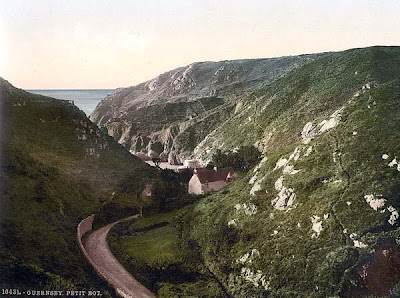“Well, sir,and what conclusion have you arrived at?” he inquired. The tone was not supercilious; but itcertainly had a touch of kindly condescension that reminded me of a pompousexaminer who had put me through it when I was a nervous youth undergoing thefirst professional in Edinburgh.
“Homicidalmelancholia,” I said, and not at all as I would have said it to an examiner.
His eyebrowswent up.
“Really – as badas that? Why not ephemeral mania?”
“Because, forone thing, ephemeral mania does not begin with sleep, as his did.”
“Is thatcertain? At all events it ends in deepsleep, and he may be sleeping somewhere now. Still” – he waved a hand – “I’ll have to consider that possibility. Bythe way, have you – er—envisaged the probability of its being a case of seniledementia? He was an old man, you know.”
“There was noevidence of childish degeneration when I saw him. His will-power was strong and his physicalcondition good."
“And you donot consider that points to some other form of mania?”
“No, he sleptfor hours on end.”
“He certainlydid,” Carey intervened. “All thetestimony we’ve had confirms that; but is it important? You’ve twice mentioned sleep.”
Whether or nothis intrusion was meant for remonstrance by the weary Chief Constable I cannottell, but Sullivant turned on him.
“It is ofdecisive importance – a maniac is entirely sleepless,” he almost snapped back.
From: John Ferguson, Death Comes To Perigord (Chapter IV: The Gilt Tennis Ball). London and Glasgow, William Collins and Sons Co., Ltd., 1931.














